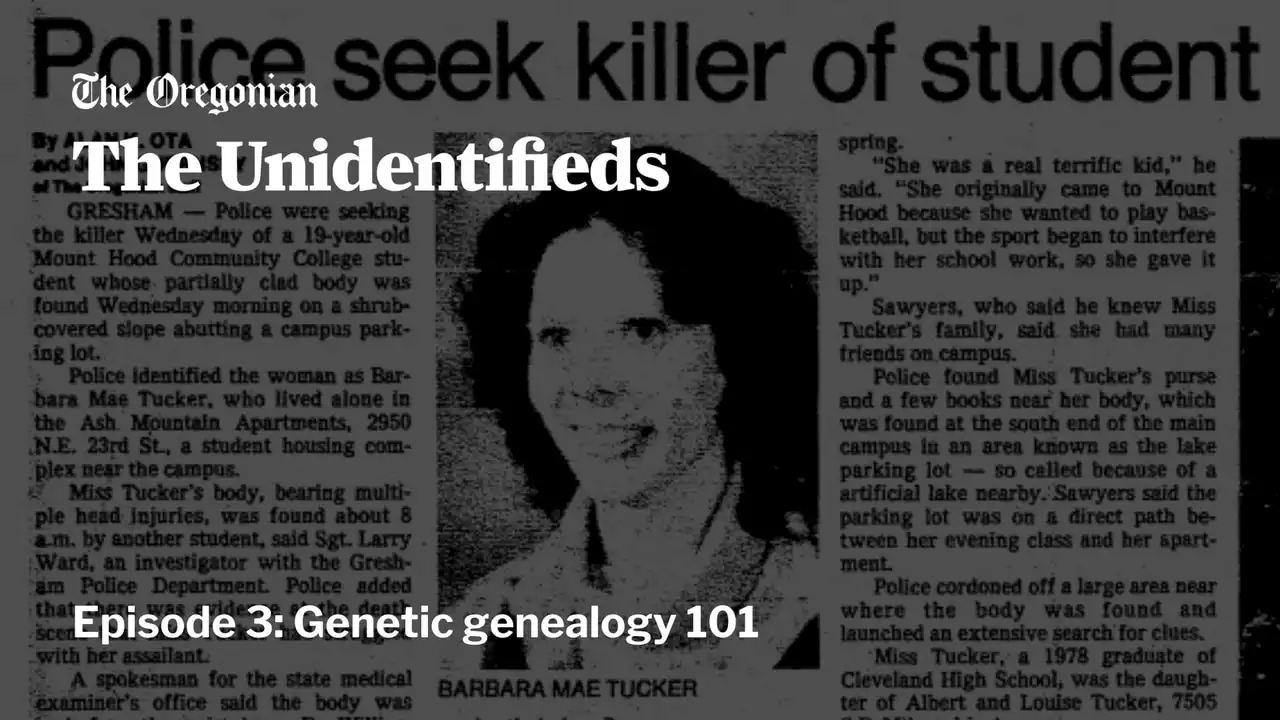Tasmanian devils’ contagious facial cancers sequenced for first time
Credit: Gapvoy/Shutterstock
Although scientists have been aware of the two cancers for some time, little has been known about their evolution. To investigate, Hamede and his colleagues assembled a Tasmanian devil reference genome and compared it with DNA sequenced from 78 DFT1 and 41 DFT2 tumours. The team then constructed ‘family trees’ of these tumours to track their origin and mapped their mutations to build a picture of how the diseases have evolved.
The team found that DFT2 didn’t arise until 2011, roughly three years before it was first detected in a male devil in southeast Tasmania. Unlike DFT1, DFT2 is found in only a small region of the island. The cancer is genetically similar to DFT1, but it mutates around three times faster. This could be due to the tumour cells dividing more quickly, providing more opportunity for mutations to occur, says Hamede. “The big question is whether these mutations are selective or not,” he says.
United States Latest News, United States Headlines
Similar News:You can also read news stories similar to this one that we have collected from other news sources.
 How DNA and genetic genealogy are solving decades-old cold cases | The Unidentifieds podcast: Ep. 3On Episode 3 of The Unidentifieds, we dive into the science behind genetic genealogy and learn about the star researcher who is driving the industry forward.
How DNA and genetic genealogy are solving decades-old cold cases | The Unidentifieds podcast: Ep. 3On Episode 3 of The Unidentifieds, we dive into the science behind genetic genealogy and learn about the star researcher who is driving the industry forward.
Read more »
 Genetic Risk Outweighs Age: Machine Learning Models Rank Predictive Risks for Alzheimer’s DiseaseResearch indicates that genetic predisposition supersedes age as a risk factor in adults above 65. According to a recent study, once individuals reach the age of 65, which is the threshold for the onset of Alzheimer's disease, their genetic risk may play a larger role in determining if they will de
Genetic Risk Outweighs Age: Machine Learning Models Rank Predictive Risks for Alzheimer’s DiseaseResearch indicates that genetic predisposition supersedes age as a risk factor in adults above 65. According to a recent study, once individuals reach the age of 65, which is the threshold for the onset of Alzheimer's disease, their genetic risk may play a larger role in determining if they will de
Read more »
 Precise integration of large DNA sequences in plant genomes using PrimeRoot editors - Nature BiotechnologyPrecise integration of large DNA sequences in plant genomes using PrimeRoot editors
Precise integration of large DNA sequences in plant genomes using PrimeRoot editors - Nature BiotechnologyPrecise integration of large DNA sequences in plant genomes using PrimeRoot editors
Read more »
 Not Just One Type – Identifying Cancer Genes’ Multiple PersonalitiesMutations in our genetic makeup can result in severe problems, such as colon or liver cancer. However, cancer is an intricate disease and the same genetic mutations can result in varying subtypes of tumors in different individuals. Currently, there is no effective method for creating these tumor sub
Not Just One Type – Identifying Cancer Genes’ Multiple PersonalitiesMutations in our genetic makeup can result in severe problems, such as colon or liver cancer. However, cancer is an intricate disease and the same genetic mutations can result in varying subtypes of tumors in different individuals. Currently, there is no effective method for creating these tumor sub
Read more »
 Mountune goes Down Under in latest expansionBusiness apparently booming in Southern Hemisphere as Tasmanian subsidiary announced. The little devils...
Mountune goes Down Under in latest expansionBusiness apparently booming in Southern Hemisphere as Tasmanian subsidiary announced. The little devils...
Read more »
 Weird skin-eating amphibians have no legs due to snake-like mutationWorm-like amphibians called caecilians have a mutation in a genetic sequence that’s critical for limb development, which could explain how they became limbless
Weird skin-eating amphibians have no legs due to snake-like mutationWorm-like amphibians called caecilians have a mutation in a genetic sequence that’s critical for limb development, which could explain how they became limbless
Read more »
